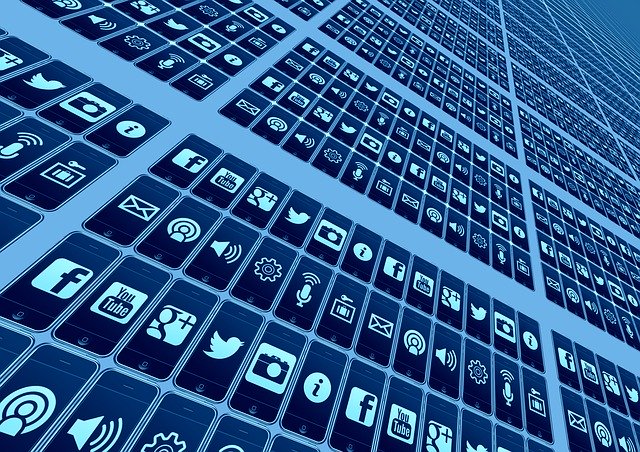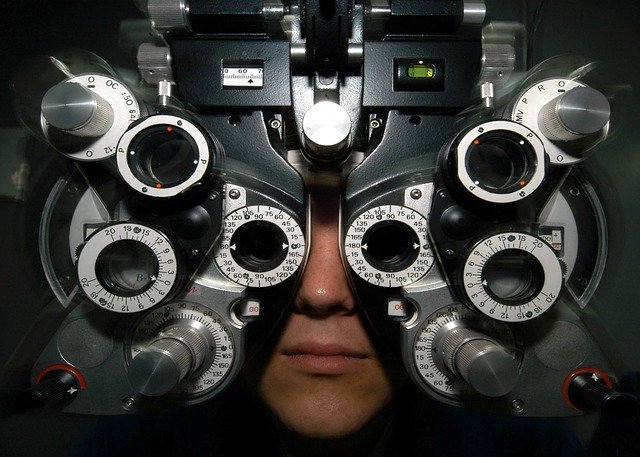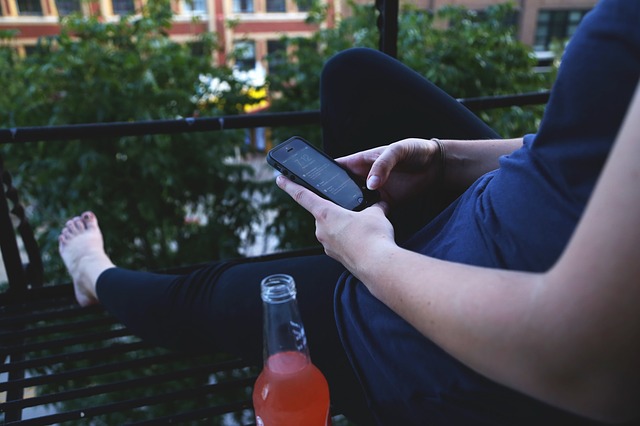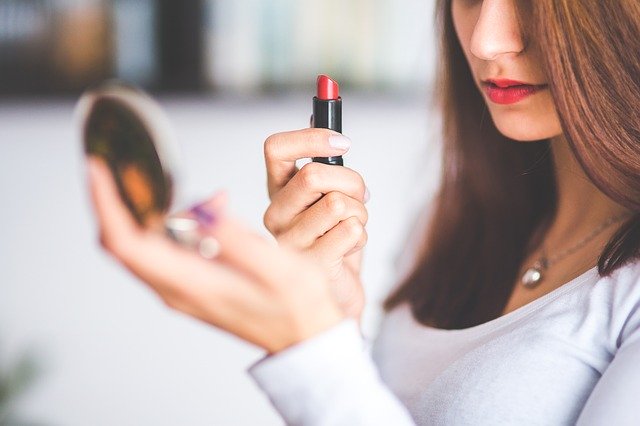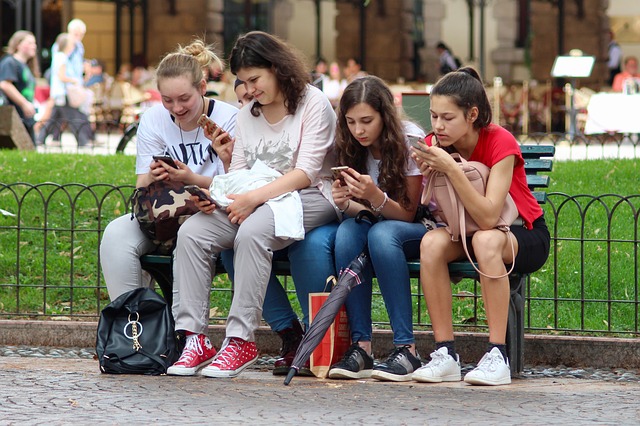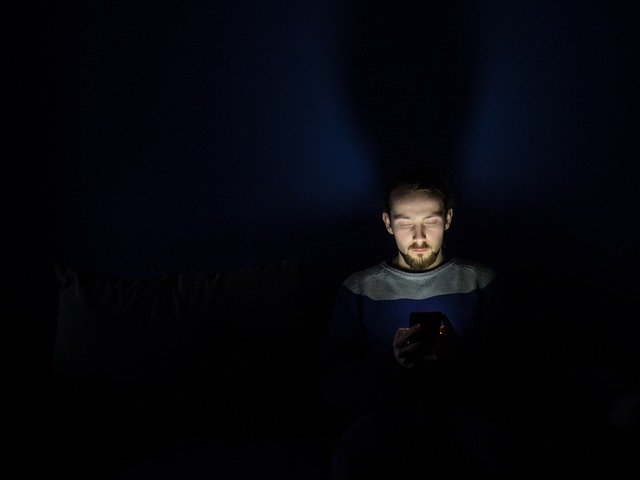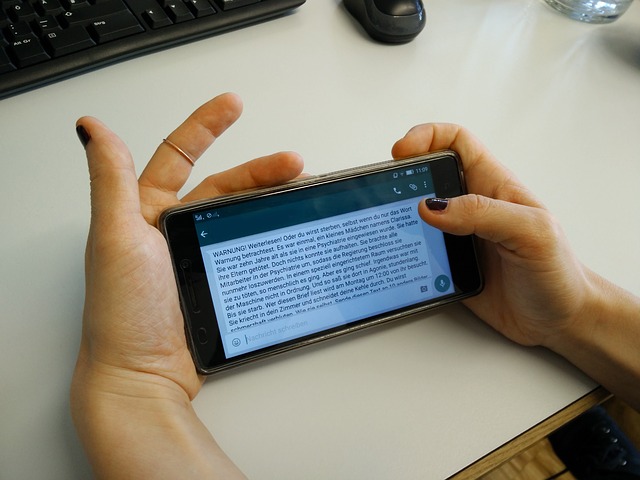In the United States, the average household has up to 10 different high-tech devices. Smartphones and computers are no longer the only tools used to surf the Internet and post on social media. Since people have so many different ways to browse the web, they spend more and more time in cyberspace. This means less time they spend in the real world. That isn’t the only way social media sites are screwing us over, however. Read on for a list of 25 ways social media sites might be getting the better of you. Many people think the posts that they upload can get lost in the noise. However, nothing truly dies on the Internet. That’s why it’s so important to think twice before you share anything online. It’s much easier to control your content than to change who saw it once it’s posted. Special algorithms use data from your browsing history to make advertisements more personalized to you. In other words, you’ve been legally hacked. While there are some ways to control what ads you see, there is no way to get rid of them completely without totally unplugging from the Internet. However, if you really think about, going through someone’s posts from last year just to get to know them a little better is kind of weird. Yet, social media works upon the basis of looking through someone’s profile. Children who actively use social media have a greater risk of experiencing sleep issues, which then leads to weight gain. Even adults who use social media are prone to weight gain. In addition to affecting sleep cycles, the amount of time spent on social media platforms is that much time taken away from participating in physical activity. Avid social media users often report having strained and dry eyes after spending a lot of time on their phones. Headaches and nausea are also side effects of looking at a screen for too long. In 1957, the first type of interactive multimedia device was invented. It was called Sensorama and offered a virtual reality experience. Right now, social media platforms aren’t offering virtual reality experiences. However, that isn’t to say that they won’t be offered in the near future. In any case, Internet use has replaced real-world interactions for many people. Once they have your valuable information, they could use it to gain access to your bank account or even steal your identity. An estimated two in three U.S. adults claim to have had their accounts hacked, according to a 2016 study by The University of Phoenix. Simply reaching out to support someone through their challenging situation can help improve the other person’s well-being. That’s why it’s so disheartening to hear that social networks like Facebook can decrease empathy among teens, according to one study at a California State University. Researchers think social media is to blame for our shorter attention span. They’ve even gone as far as to say that children who use social media are more likely to develop ADHD symptoms, according to a study done by the medical journal JAMA. So it seems the more quintessential the picture is, the higher the number of likes they will receive. As a result, people are becoming even more body-conscious. It also doesn’t help that social media influencers are getting paid astronomical amounts to promote weight loss products and supplements. Some symptoms include depression, anxiety, and irritability. If you’re not ready to totally give up social media, try reducing your screen time to 30 minutes per day. If you’re one of those people constantly hashtagging for a cause but you haven’t physically helped the movement, don’t feel too bad. You are helping bring awareness to the subject. However, if you want to do more, try creating a plan of action. This will get you motivated to help in the real world too. One of the reasons behind those shocking figures is the increase in temptation. Social media allows both parties in the marriage the opportunity to talk to and meet new people without having to leave their house. This could be dangerous for marriages especially if the relationship has no clear boundaries. If you find yourself often scrolling through Pinterest, you know how many DIY projects are always popping up. Even though a lot of those projects may seem cheaper than hiring a professional, most of the time that project isn’t planned in for this month’s budget. The up-and-coming generation of young people is constantly comparing themselves to social media influencers and it isn’t healthy. An estimated 60% of people who use social media have reported that it has negatively impacted their self-esteem. To make matters worse, you might even be giving away sensitive information without realizing it. Every time you check into a place online or tag your location, you’re giving full access to your whereabouts. If you’re not sure what your privacy settings are on your social media accounts, go and check those right now! Relationships are ruined by social media every year, whether it’s because a fight was caused by social media or it simply took up too much of a partner or friend’s time. It’s important to keep in mind when recording a video or taking a picture that you’re living life through a lens at that exact moment. Also, as human beings, most of us naturally enjoy constant interactions; social media provides plenty of that. Even though scrolling through your newsfeed is entertaining, try to limit the amount of time you spend on your phone. This seems to be a big problem for the majority of Instagram users since they value their content based on the number of likes they get. Setting unrealistically high expectations for anything can lead to disappointment and even depression. If you do this every now and then, try not to beat yourself up over it. However, if this is something you do every night, then you should really consider creating a healthier sleep schedule. Try placing your phone out of sight so you don’t get the temptation to check it in the middle of the night. A good night’s sleep really is important. This then leads to them feeling sad or anxious because they are not experiencing the same thing. A good way to get over that feeling is to practice mindfulness and savor the moments when you are having a fun time. While traditional bullying is still more common than cyberbullying, there has been a rise in online tormenting over the past few years. “In 2017 [the most recent year available], 14.5% of students reported that they were bullied electronically, compared to 15.5% in 2015, 14.8% in 2013, and 16.2% in 2011,” according to the Cyberbullying Research Center. In fact, many teenagers consider it cooler to text in shorthand. An estimated 73% of teachers believe this new way of communicating has had a negative impact on their students’ grammar and spelling. An average person typically spends anywhere from two hours to four hours on social media a day, according to Digital Information World. That may not seem like a lot of time, but it counts up to around 730 hours spent on social media a year.
